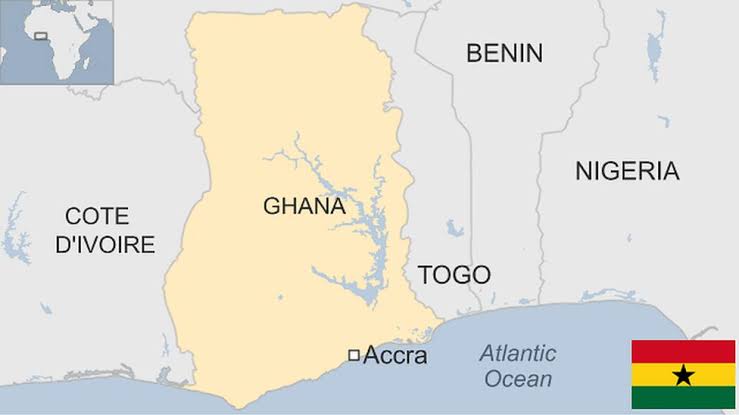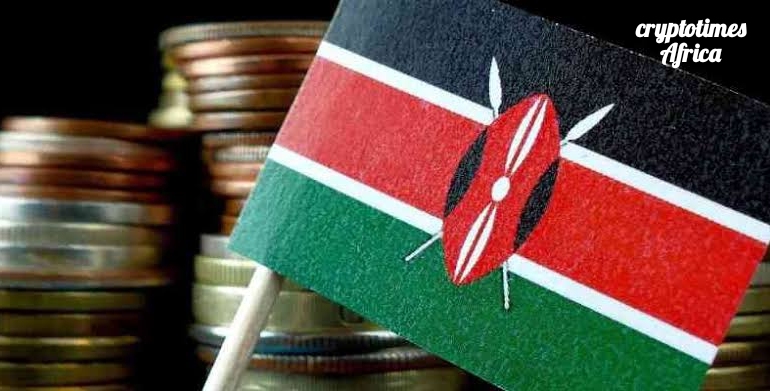
Ghana Banking Survey Reveals Leading Banks by Deposits and Loans in 2023.
The 2023 Ghana Banking Survey by PwC indicates that Ecobank Ghana has kept its status as the country’s biggest bank, with a market share of 13.58%.
The 2023 Ghana Banking Survey by PwC indicates that Ecobank Ghana has kept its status as the country’s biggest bank, with a market share of 13.58%.
The poll found that Ecobank Ghana’s market share has increased from the 11.93% recorded in 2021 in relation to the banking industry’s percentage of deposits.
GCB Bank achieved the second spot but had its market share decline in terms of deposits for the sector. Its market share decreased somewhat from the 11.43% recorded in 2021 to 10.87% in 2022. Since 2017, GCB Bank has shown a pattern of declining market share over time.
As we can see from the banks’ rankings above, SBG has held the third spot for three years in a row while GCB has held the same place since 2021. Both banks had a minor boost in their market shares: Stanbic Bank Ghana (SBG) saw a rise of 0.08% and Absa Bank Ghana saw a rise of 0.1%.
Bank Consolidated From sixth place in 2021, Ghana improved in its rating and overtook Fidelity Bank to claim the fifth spot. However, in 2022, its overall percentage of deposits as a percentage of the total deposits in the industry fell.
The other banks in the top 10 of the industry deposits at the end of 2022 were Cal Bank, Zenith Bank Ghana, Standard Chartered Bank, Access Bank Ghana, and Fidelity Bank Ghana.
Deposit growth in the banking industry increased significantly, more than exceeding the growth rate predicted in 2021 by a factor of two. In contrast to the 12.1% rise seen in 2021, deposits increased by 31.3% by the end of 2022.
With a 14.7% share of industrial loans, Ecobank Ghana continued to hold the title of bank with the most advances and loans made to the sector in the previous year.
Absa Bank Ghana was overtaken at the same time by Stanbic Bank Ghana, moving it from third to second place in 2022.
The service, business, and financial sectors continued to receive the majority of industry loans. Together, these sectors accounted for 41% of the loans and advances made to the industry as a whole, with the services sector accounting for 24% and the commerce and finance sector for 17%.
These two industries contributed an increase of 6.61 billion yen ($588.4 million) in loans and advances overall.


